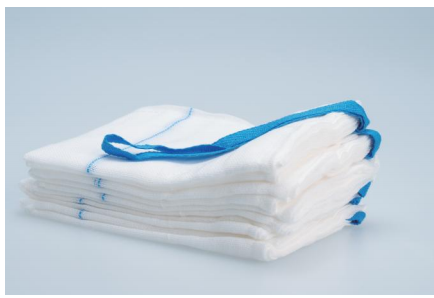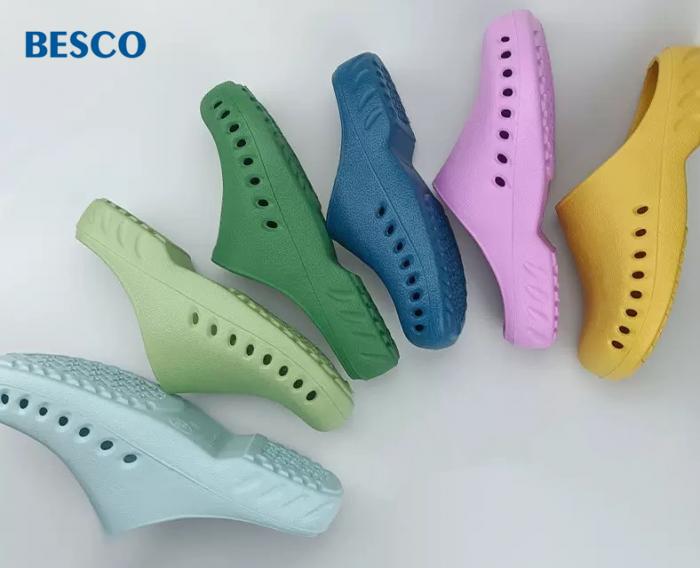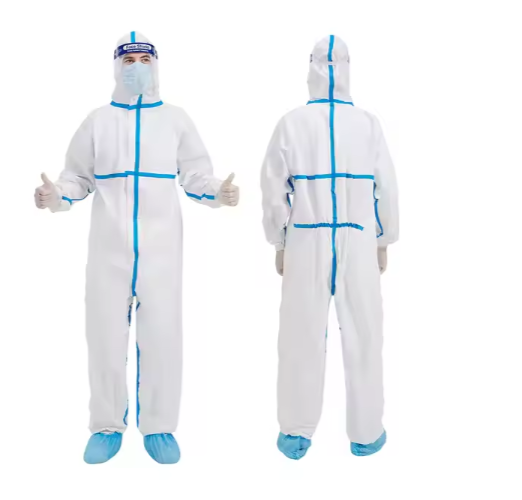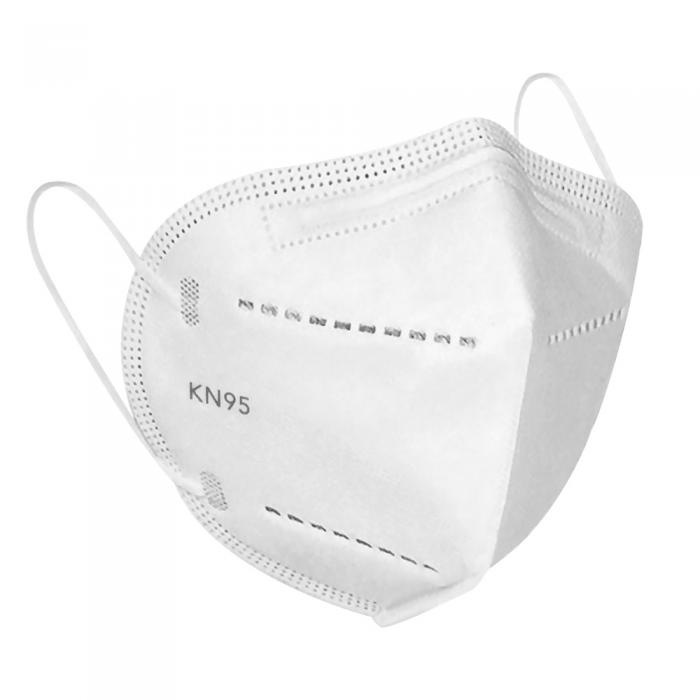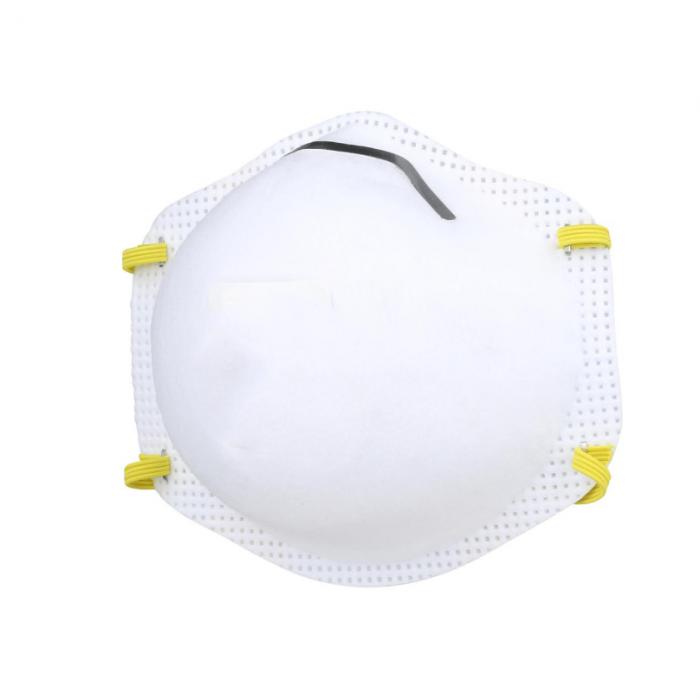| Name: | Lap Sponges |
|---|---|
| Model No.: | Lap Sponges |
| Material: | Cotton |
| Brand: | BESCO |
| Keywords: | Lap Sponges,Medical Lap Sponges,Non-Woven Lap Sponges,Sterile Lap Sponges |
| LEAD TIME: | 5 days |
| Sample: | Available |
| MOQ: | 1000 packs |
| Payment Term: | T/T in advance |
| Country of Original: | China |
| Port: | Qingdao |
| Stock: | Available |
| Factory Address: | Changyuan,China |
| Office: | Zhengzhou,China |
Products Description
Manufactured with absorbent cotton
Produce and supply both with or without handle and/or X-Ray
detectable thread Cotton
10*45cm,30*30cm,45*45cm or customized available
Lap sponges, or laparotomy sponges, are large, highly absorbent surgical sponges used primarily in abdominal and thoracic surgeries to absorb fluids, maintain a clear surgical field, and protect organs. They are typically made from cotton or a cotton-rayon blend, feature sewn edges to prevent fraying, and have a radiopaque (X-ray detectable) element or a blue loop for easy identification and counting to ensure no sponge is left in the patient after surgery.
Key Characteristics
Size and Absorbency:
Lap sponges are larger and more absorbent than standard gauze, designed to handle significant fluid volume during long or complex surgeries.
Material:
They are usually made from 100% cotton gauze, often pre-washed for softness and to reduce lint.
X-ray Detectability:
A radiopaque thread or element is sewn into the sponge so it can be seen on an X-ray, which is crucial for post-operative checks to ensure none were accidentally left behind.
Identification:
A blue loop or handle is typically sewn into a corner to make the sponge easy to locate and count, improving patient safety.
Sterile and Disposable:
Lap sponges are sterile and single-use to prevent infection.
Durable Construction:
Stitched edges provide increased durability and prevent the sponge from coming apart or leaving small fibers in the wound.
Uses in Surgery
Fluid Absorption:
They effectively absorb blood and other bodily fluids, keeping the surgical site dry and providing clear visibility for the surgeon.
Organ Protection:
They can be used to protect delicate organs and tissues from trauma or to "wall off" the surgical area.
Site Preparation:
Used to wipe and clean the surgical site to maintain a sterile environment.
Instrument Management:
Can act as a platform for holding and passing surgical instruments.
